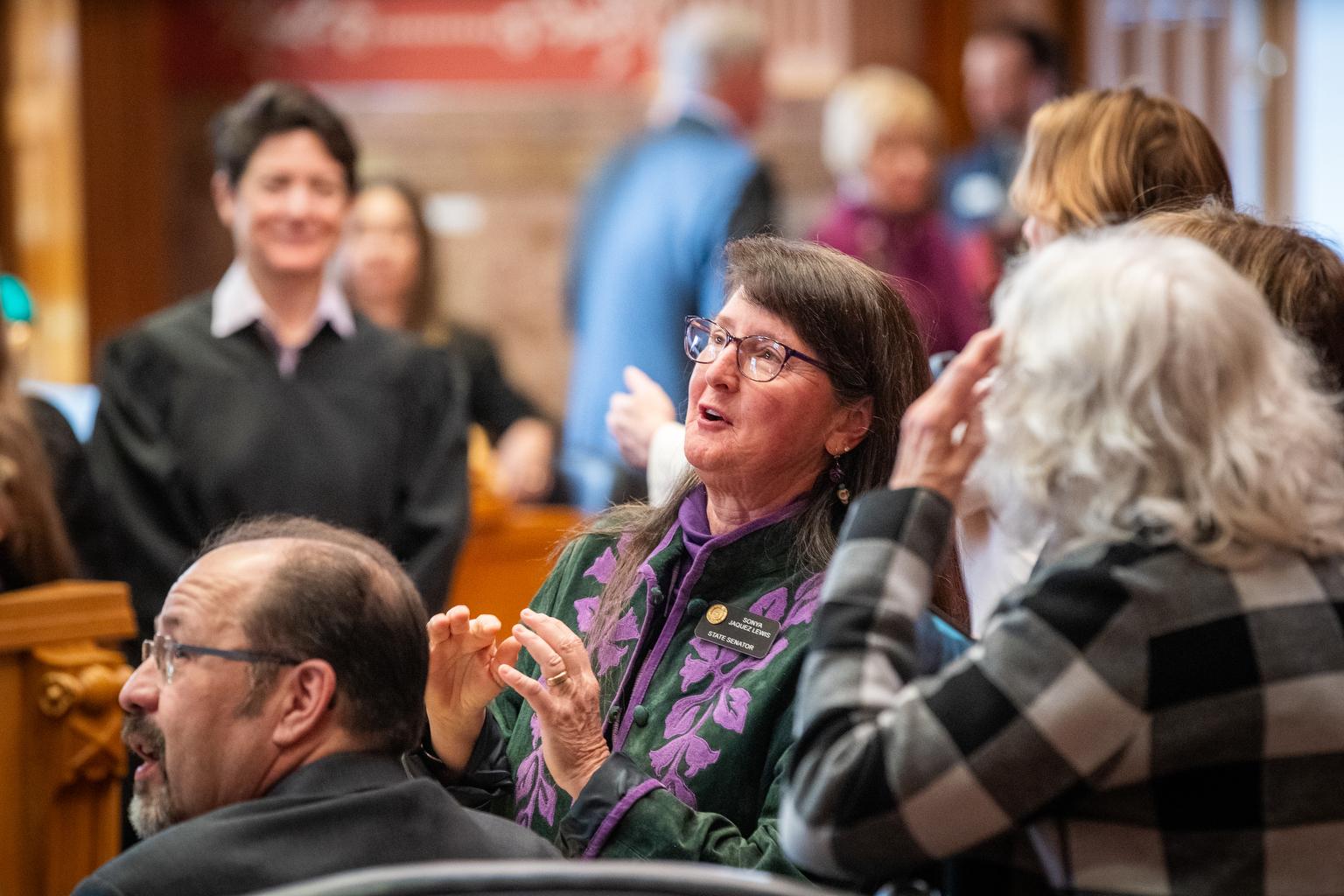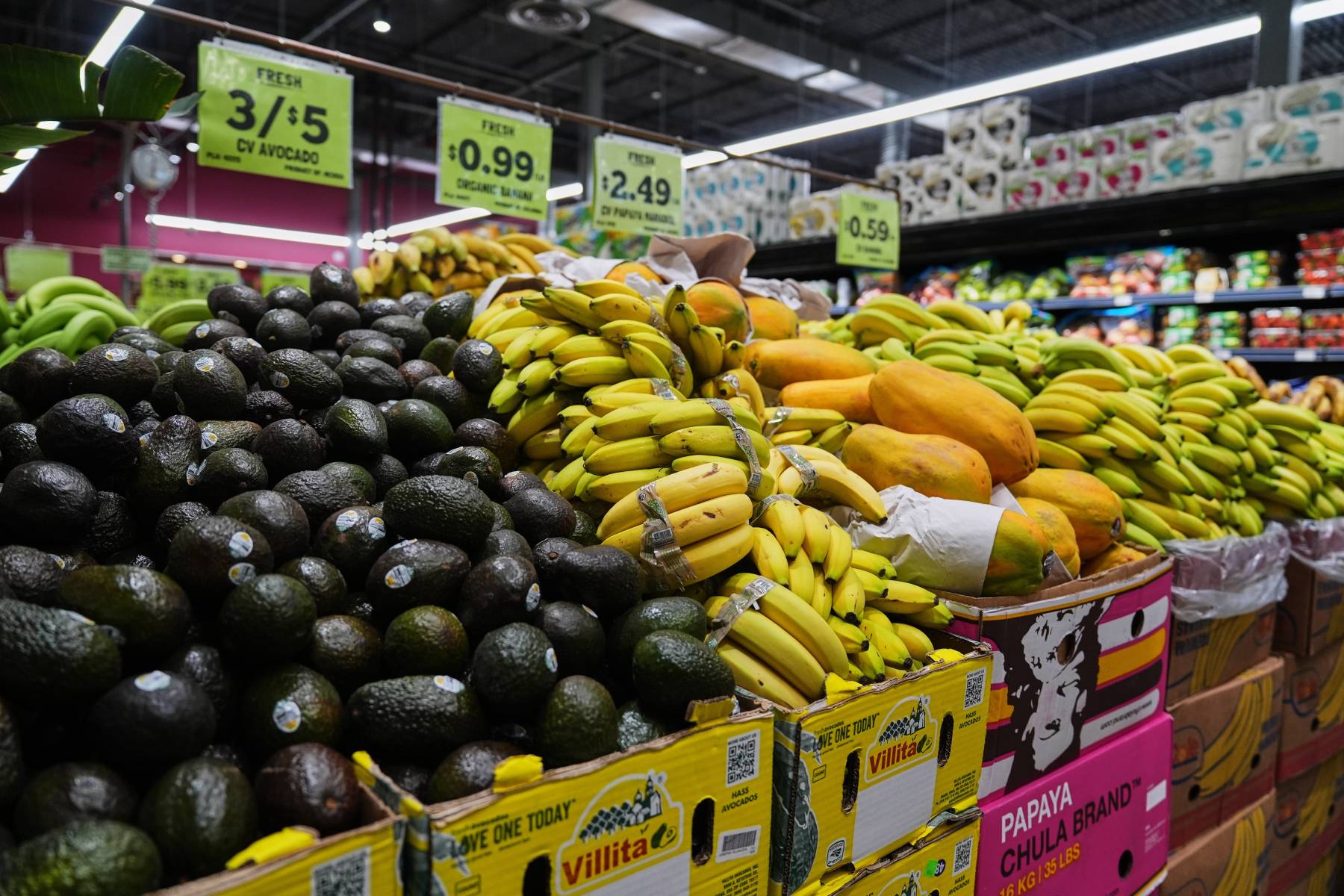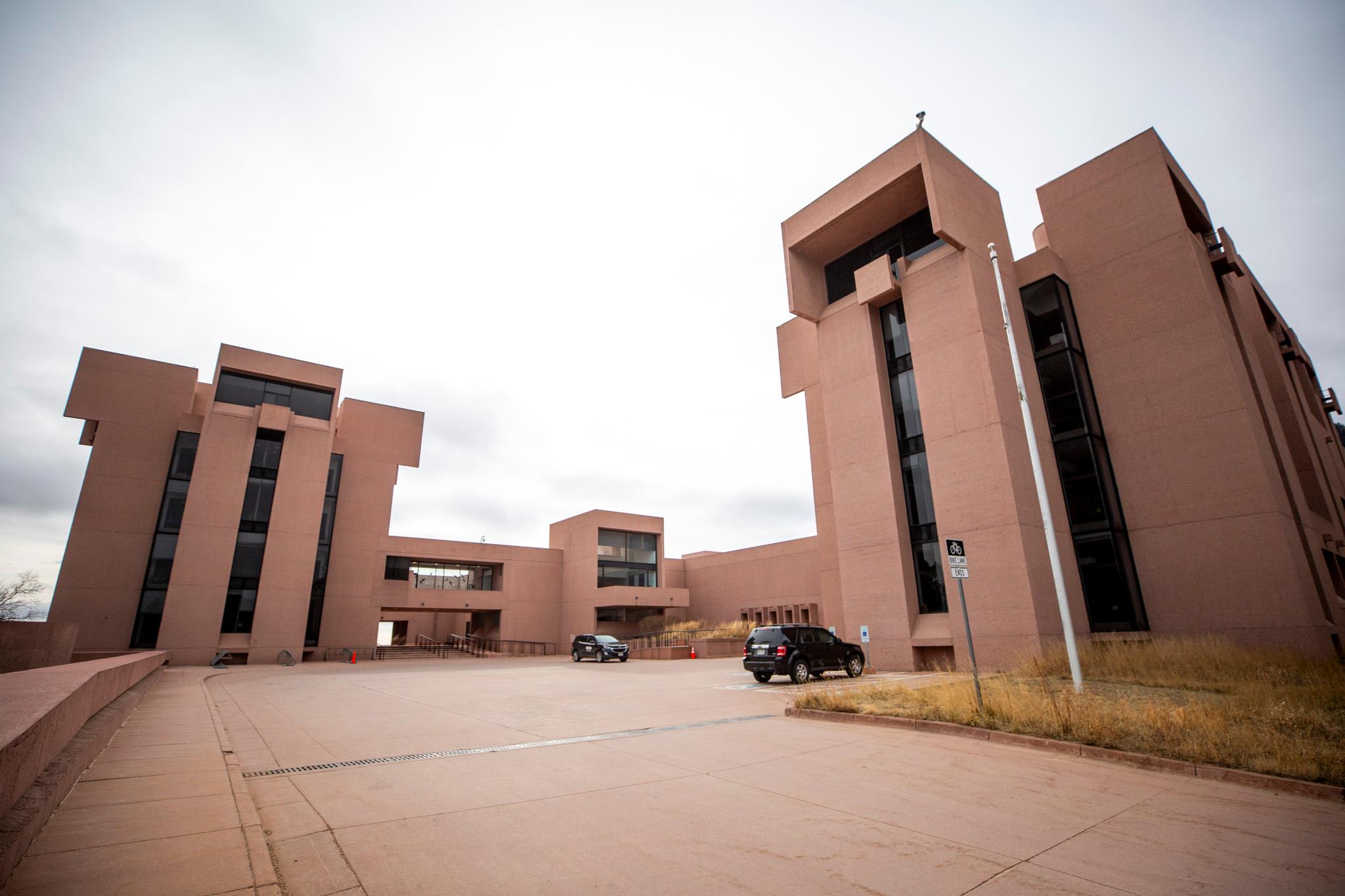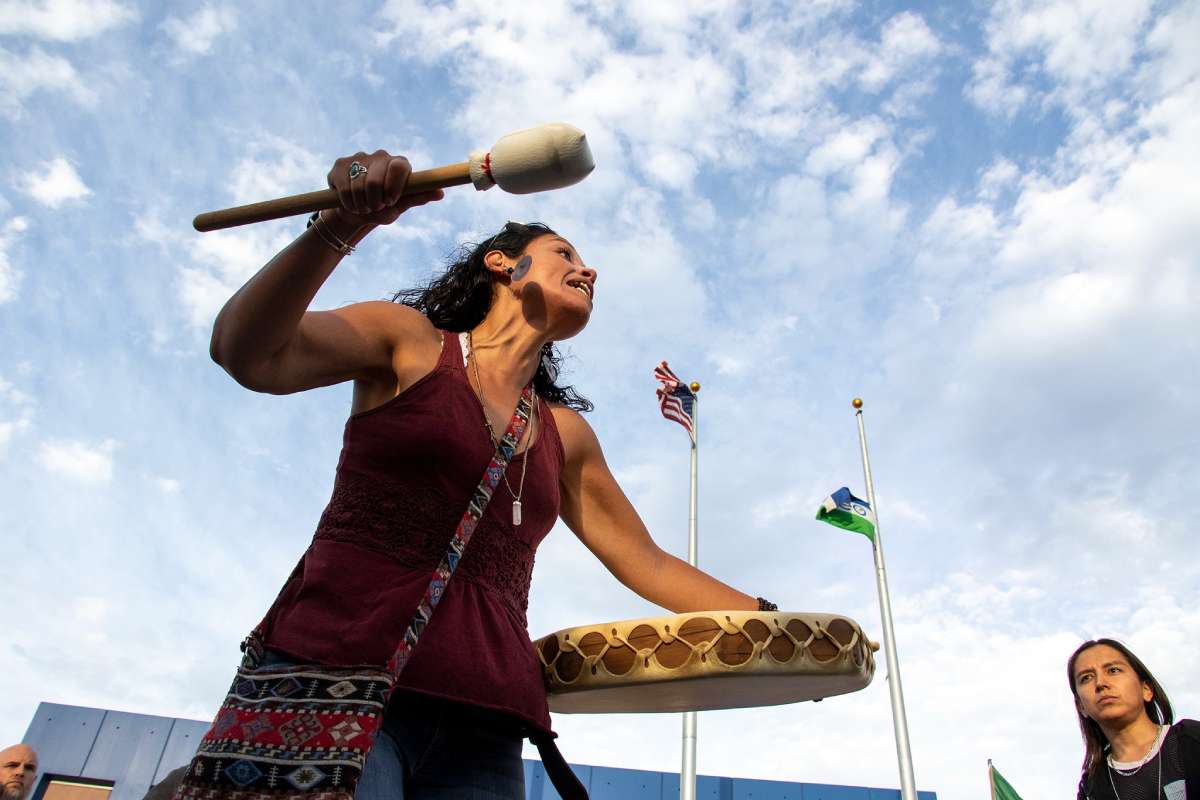
Correction: An earlier version of this story included a factual error. Lucy Molina is not a city councilwoman. She ran for Commerce City Council but was not elected by voters.
In June, Lucy Molina received disturbing information from one of her neighbors. The Commerce City activist and local school board member was sitting down, having lunch, when she got a text alerting her that a parent from the Latino community with a valid work visa may be in the process of getting detained by immigration agents.
For the last six months, Molina and Commerce City Councilmember Renée Chacon have supported community members in these situations by supporting families with resources they can tap into and translating legal documents. But they have realized they can’t do it alone. They felt the community they served needed more help in tracking people detained by Immigration and Customs and Enforcement (ICE) agents and providing support for separated families. They needed a solution and people they could trust.
The women decided to use social media and word of mouth to bring together friends, activists and mothers to form a network that spans across Colorado.
Today, there are approximately 200 women in the network, according to Molina and Chacon, including people in Grand Junction, on the Ute Mountain Ute Reservation, and on the Front Range in Denver, Aurora and Commerce City. The women post information and provide support for immigrants and communities of color facing the threat of mass deportation – or who fear they may be mistakenly caught up in the dragnet.
When President Donald Trump came into office in January, he promised the largest mass deportation in U.S. history, targeting immigrants who have committed crimes. But ICE agents have raided homes, schools, workplaces and courthouses. Some of the immigrants who have been detained are not known to have criminal records.
Arelia Quintas, one of the mothers in the network, explains how she felt at the beginning of Trump's administration. "When we saw these operations, we did not worry because we’re thinking they're looking for criminals maybe and it's something important."
Quintas added, “Now we are not sure what's going on. So we have to keep an eye on everything that's happening and make sure to protect those people.”
There is a lot of fear in the community, said Molina. "We don't know who to trust. We trust each other. I trust these women that are here right now.”
“I always send alerts to my community and say, if you see something, say something,” Quintas said.
As word has spread, more women have started to share this information, just like Quintas.
The need for trustworthy information is crucial for immigrant communities.
Molina is disappointed in Governor Jared Polis’ decision this spring to honor a federal order to pass on information that could potentially be used to locate and deport minors. Polis’ office says the information was meant to help the minors from being victims of crimes like trafficking. But the director of Colorado’s Division of Labor Standards and Statistics, Scott Moss, sued the governor in an attempt to stop the state from handing over the information to ICE.
“Right now, it's scary. Who can we trust if we can't even trust our own governor?” Molina said.
A Denver District Court judge has temporarily stopped the state from turning over the information of about 35 Coloradans who are sponsoring immigrant children.
But this has not reassured Molina and the network she helped found. Molina doesn’t expect the courts or law enforcement to protect their rights.
The women in this network, which includes U.S. citizens, are frightened of being deported just because they are Latino or because they identify with Black and brown communities.
But there is something they dread even more; the way ICE carries out its raids is triggering.
“I would be scared [expletive], an unidentified vehicle shows up in front of my house with masks,” said Molina, who is a naturalized citizen, born in Mexico.
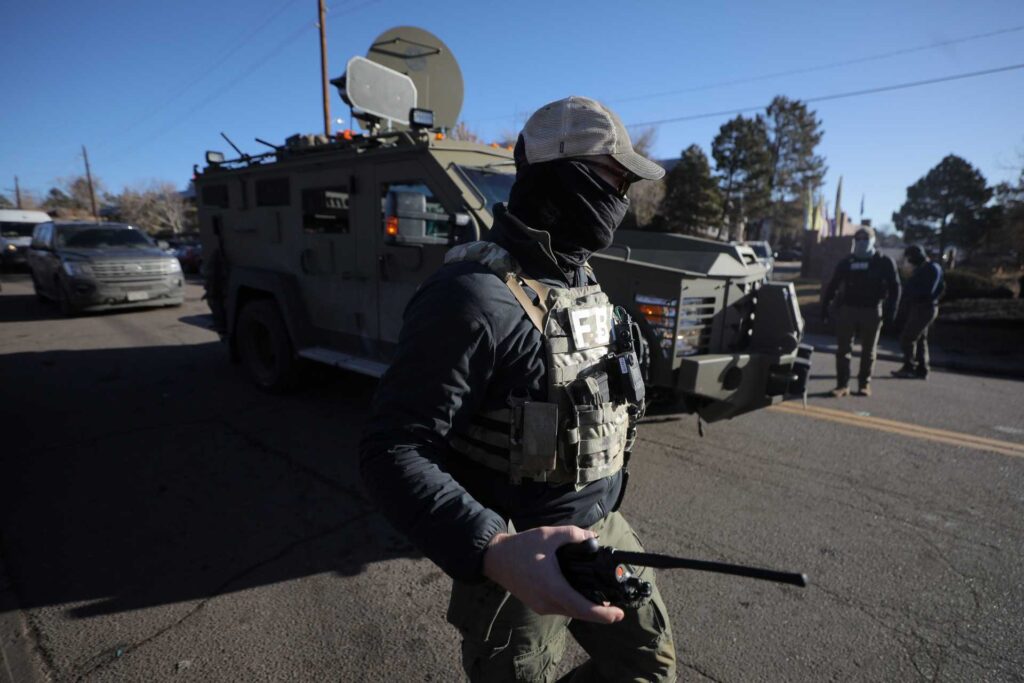
ICE says its agents wear masks to protect themselves from gangs and that they’ve received threats. But when Molina sees ICE agents who do not identify themselves, standing around, waiting for people to leave workplaces, then push them into cars, it’s traumatizing.
“That is how people get kidnapped in Mexico,” she said. “That is how the cartel does it. They show up in masks. That is what ICE is doing,” she said.
Chacon, who grew up on the Navajo Nation, is angry about the lack of markings or other identifiers by ICE agents in the field. Native women and girls have a history of being kidnapped or murdered. The last study by the Urban Indian Health Institute (UIHI) recorded 506 murdered and missing women cases from 2012 to 2016. And UIHI believes there’s a problem with the community underreporting cases.
Chacon fears that people may exploit the confusion around Trump’s immigration policy and impersonate ICE agents in order to abduct someone. For Chacon, these are real threats.
“It's going to take the community to literally defend our neighbors, to go out there and say, ‘This is wrong,’” Chacon said.
She believes people doing immigration enforcement should have to show their faces and give their badge numbers, because where Trump sees community safety, she sees a threat.
“How could anybody in this world be able to cover up your face, join an agency and go kidnap your neighbor without any due process?” she said.
Where women in the network need support, they turn to each other
Juneliz Fernandez’s role in the group is to make sure that communities get to know agencies that they can trust. She says the Colorado Rapid Response Network is “the go-to” for the community.
“There's a network of over 2,000 volunteers in the state of Colorado and parts of Wyoming that you can call … 24 hours [a day], seven days a week. And emergency responders, they will respond to verify, to see if there is indeed ICE activity, what's going on and who was possibly detained and taken away.”
On most days, Fernandez goes to court to try to help people avoid being detained, or she helps detainees in Aurora’s ICE facility. She talks to detainees on the phone to give them information about family or just talks to them so they don’t feel like they have been forgotten.
She said, “I think that the only way we could get them back is by collectively raising our voices, stating their names, stating their stories, what happened to them.”

And when someone is detained by ICE, the women’s network is there to help both the detainee and family members, who cope with loss of a relative — and must find a way to manage financially.
“They're attacking our women by attacking our men,” said Molina, "They're taking our breadwinners, they're attacking our heads of households, where that leaves us mothers and women vulnerable, where, how am I going to pay the rent?”
The network steps in to help in those situations, too. They organize food, scramble money or otherwise support families.
Chacon believes the support group of 200 women will continue to grow as long as Trump pursues his current immigration policy.
“I don't think we need to live in the moment of fear. We need to live in the moment of empowerment where, if we're not going to protect ourselves this way, who will?” she said. “And we cannot look to these same old leaders to do it because they have proven their lack of concern about what can actually happen to communities’ health and safety.”

